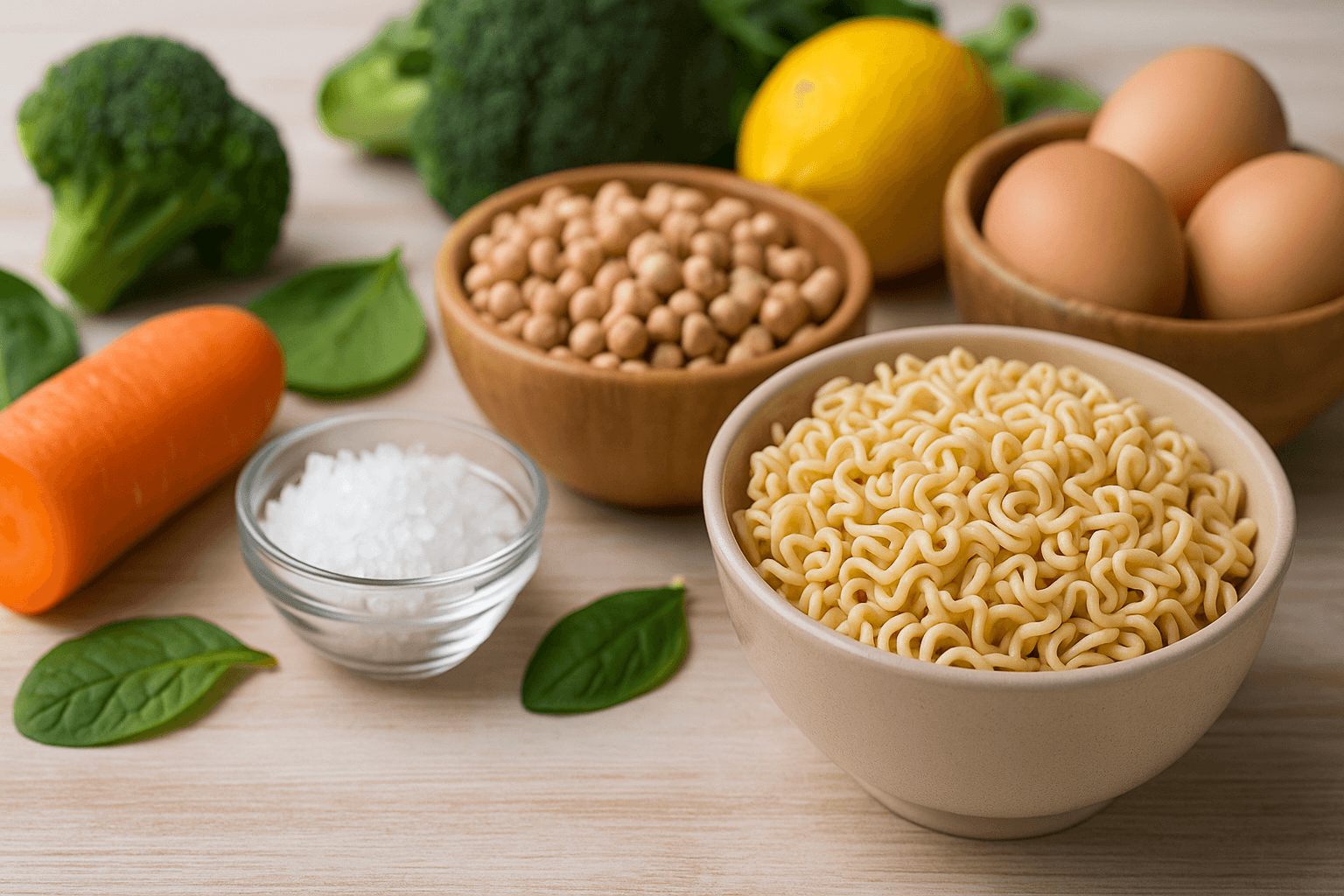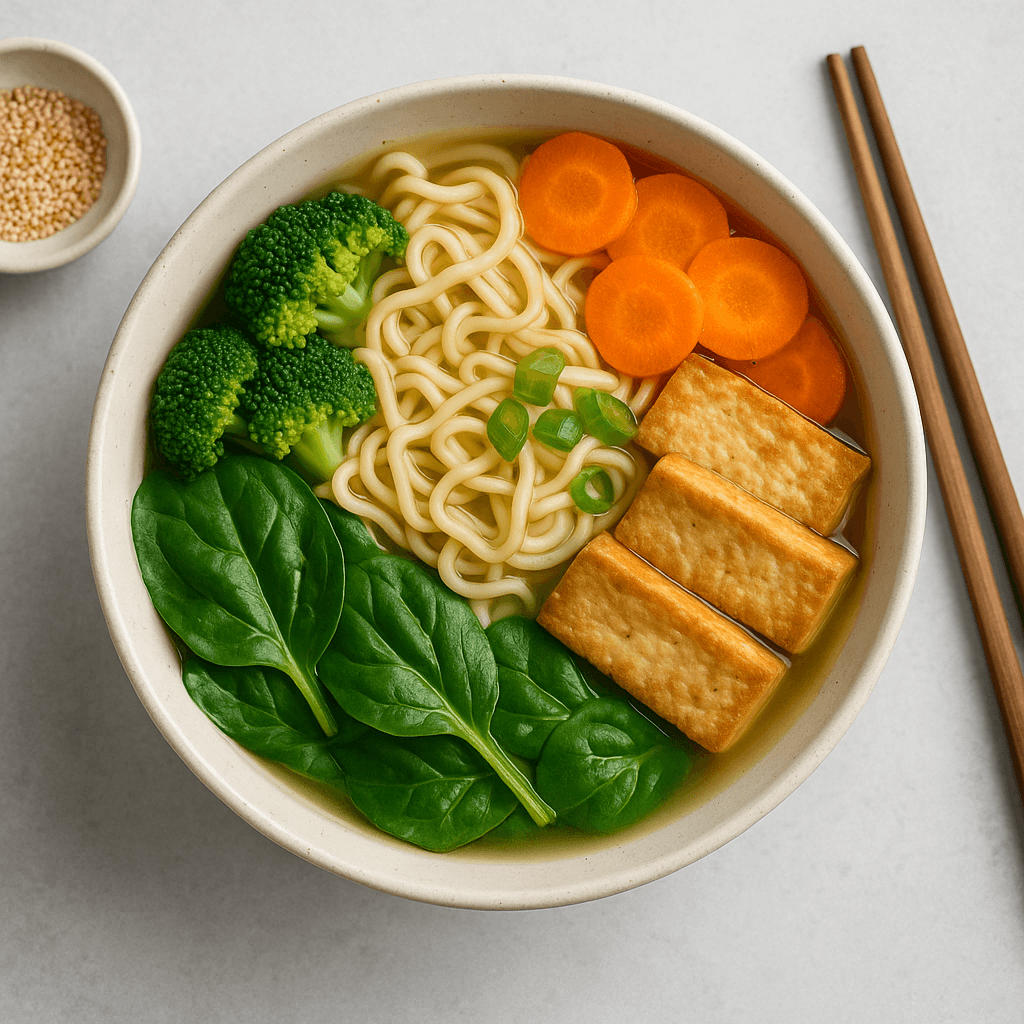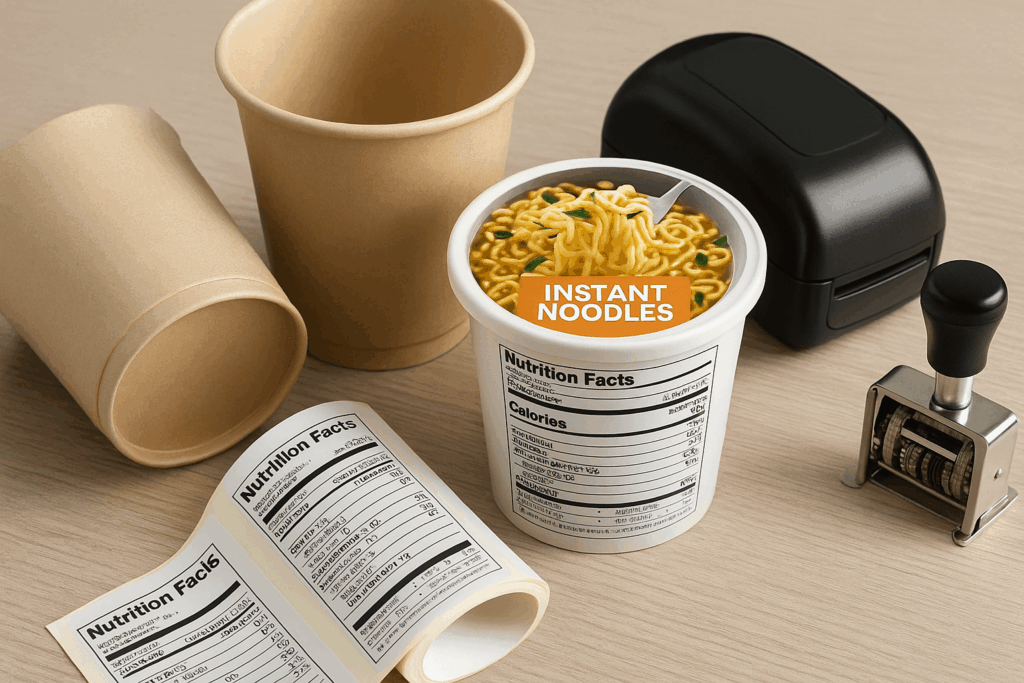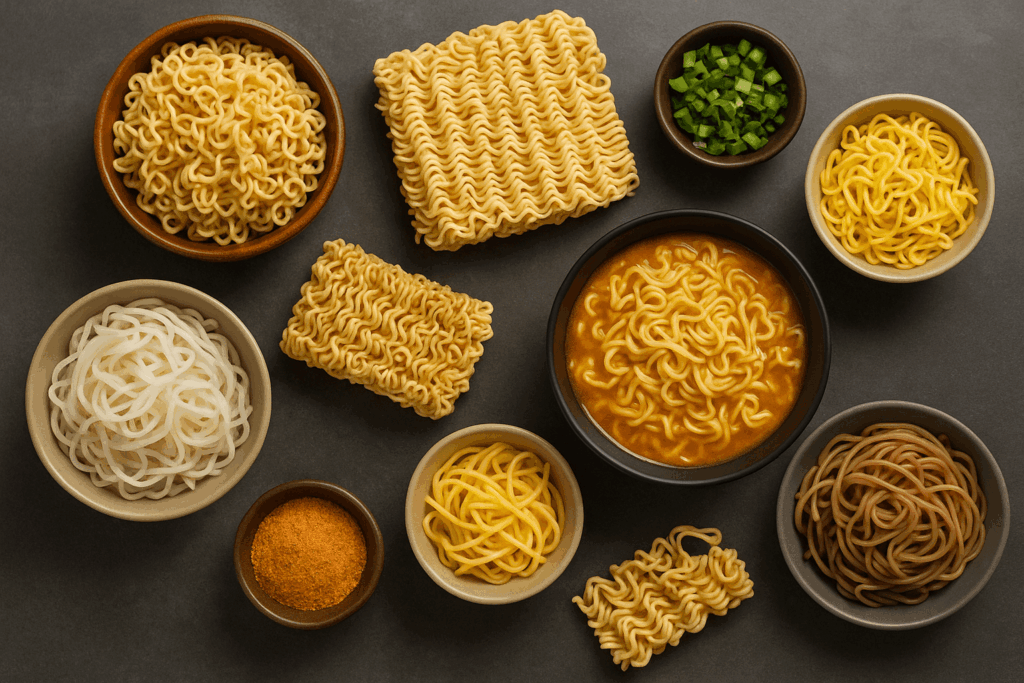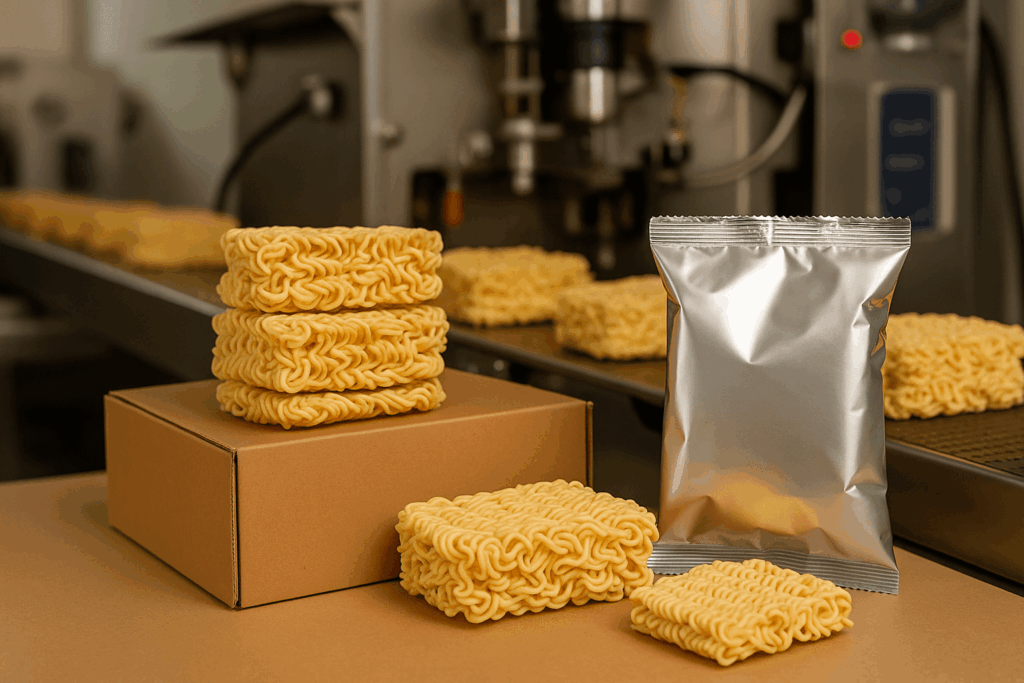The demand for clean label foods is growing rapidly — not just in premium local markets, but across major international export destinations like the EU, Middle East, and North America.
For brands aiming to go global, obtaining clean label certifications — or meeting clean label standards — is no longer optional. It’s a critical part of export strategy.
At Kimdee, we help brands create clean label instant noodle products that meet international expectations and gain faster entry into key markets.
Here’s how clean label impacts your export success — and why starting clean from day one matters.
✅ 1. What Is “Clean Label Certification”?
Unlike Organic or Halal, Clean Label is not a government-issued certification.
It’s a market expectation based on:
Simple, natural, recognizable ingredients
No artificial colors, preservatives, flavor enhancers (like MSG)
Transparent labeling without chemical-sounding names
Some organizations (e.g., Clean Label Project™) offer third-party audits, but most of the time retailers themselves enforce clean label standards.
📦 At Kimdee, we design private label products that naturally align with clean label expectations — reducing friction during export approval.
✅ 2. Why Clean Label Matters in Export Markets
| Region | Clean Label Importance |
|---|---|
| EU | Very High (Strict ingredient transparency laws) |
| USA | Growing (Retail chains demand simple, healthy products) |
| UAE | Medium-High (Health-conscious and premium buyers expanding) |
| Southeast Asia | Emerging (Urban markets adopting clean eating trends) |
Buyers and distributors increasingly screen products for clean label compliance — even if it’s not yet legally required.
If your instant noodles are packed with additives, you risk:
Longer customs inspections
Rejection from premium retail chains
Slower category adoption
✅ 3. What Makes a Clean Label Instant Noodle Export-Ready?
Whole, simple ingredient base (no artificial flavor boosters)
Low sodium and no MSG (preferred by EU and US buyers)
Plant-based or natural flavor profiles (e.g., miso, mushroom)
Eco-friendly, compliant labeling (no misleading health claims)
👉 Learn about clean label trends for instant foods here
✅ 4. How Kimdee Prepares Brands for Clean Label Export Success
We offer:
Custom recipe development: Low sodium, vegan, no additives
Regulatory label support: EU, US, UAE markets
Certified production: HACCP, ISO, Organic (optional)
Fast compliance checks: Ingredient breakdowns for customs
Low MOQ: Start small and scale cleanly
With Kimdee, brands launch faster, with fewer certification risks — and better placement in premium retail channels.
📩 Ready to export clean label instant meals globally?
Email us at carlng@kimdeefoods.com🔗 Start your clean label export project
❓ Frequently Asked Questions (FAQ)
Q1: Do I need third-party clean label certification to export?
A: Not mandatory — but you need clean formulas and transparent labeling to meet buyer and retailer standards.
Q2: Will Kimdee help me adjust my product to meet clean label standards?
A: Yes. We customize recipes and packaging to match the clean label expectations of your target markets.
Q3: What if I want to sell both clean label and standard formulas?
A: We can develop two lines for different markets, under the same brand umbrella.


